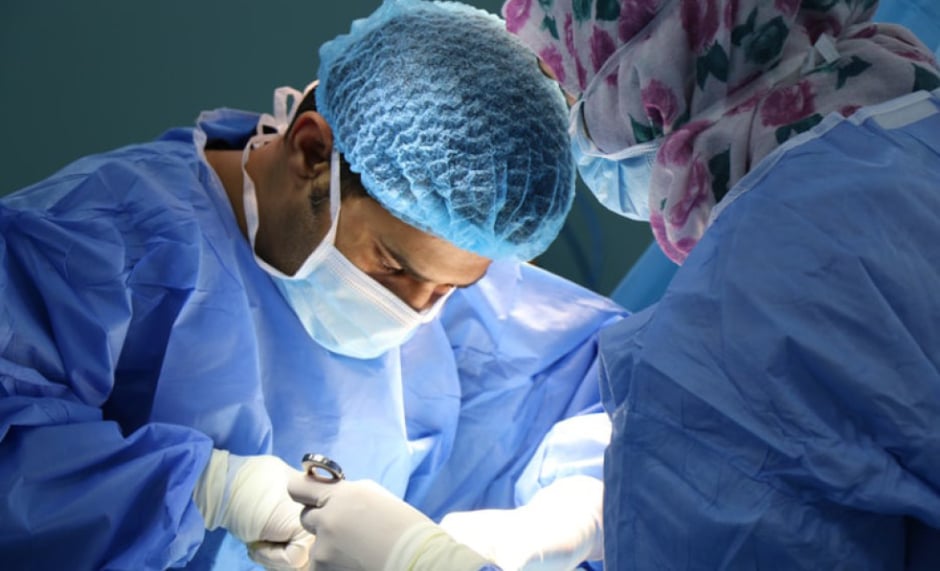Bariatric surgery has emerged as an effective method to tackle obesity and Type 2 diabetes mellitus (T2DM). Considering the role of the gastrointestinal tract in metabolic regulation, targeting it constitutes a meaningful target to treat T2DM. New research from King’s College London, London, UK, has found that the newly tested medical device, called Sleeveballoon, mimics the effects of traditional bariatric surgery in rodents.
Combining a balloon with a connected sleeve, which covers the initial parts of the small intestine, the novel Sleeveballoon device can be inserted into the stomach and bowel during minimally invasive surgery under general anaesthetic. In the study, the effects of the Sleeveballoon were compared to bariatric surgery on 30 rodents fed with a high-fat diet and yielded very similar results. Additionally, results were compared to sham-operated rats, which displayed a reduced food intake of 60%, a 57% reduction in fat mass, and a 65% decrease in blood glucose levels. Lead author Prof Geltrude Mingrone, Kings College London, stated that “gastric bypass surgery is a highly effective treatment of obesity and T2DM. However, very few eligible patients, only around 1%, are offered surgery and some also prefer less invasive approaches.”
The study revealed that the Sleeveballoon exerted similar metabolic effects to those of the gastric bypass. Both methods improved insulin sensitivity and heart function, but Sleeveballoon also yielded distinct advantages over the latter. While gastric bypass causes a fast rise in post food blood glucose levels which may result in hypoglycaemia, the Sleeveballoon decreases the rate of digestion which has a steadying effect on blood sugar levels, which helps control appetite and satiety and reduces weight.
Although promising, the team hope to test the device in further research settings to avoid reversal of the positive effects on obesity and diabetes. Prof Mingrone highlighted that “about 2 billion adults, or 30% of the world’s population, live with overweight or obesity according to the World Health Organization (WHO). At present, 500 million people suffer from T2DM and about 2 billion people have fatty liver disease. We hope that our discovery will be tested in humans soon and revolutionise the way we tackle this epidemic.”








